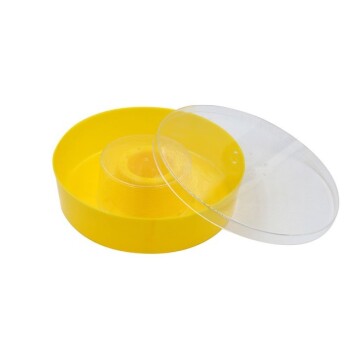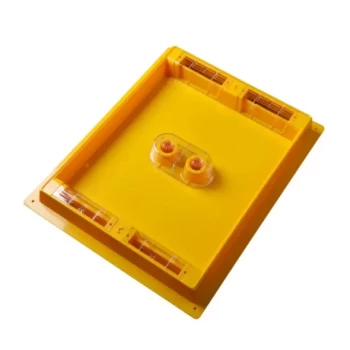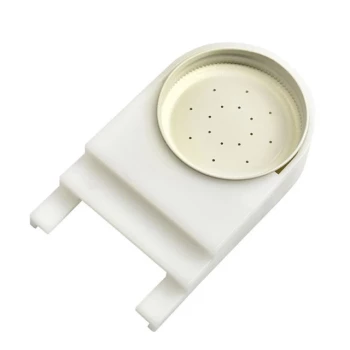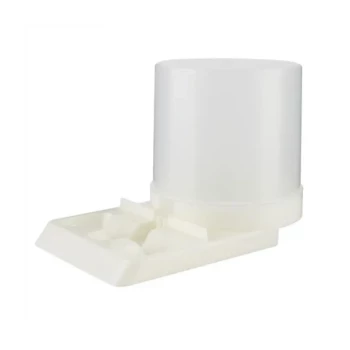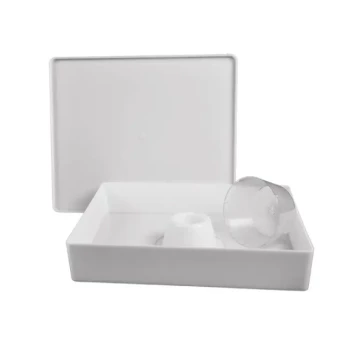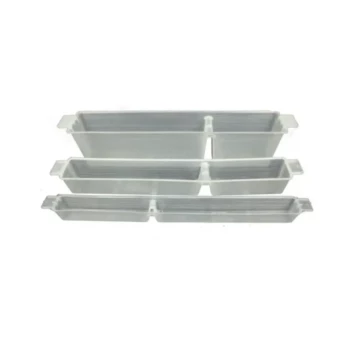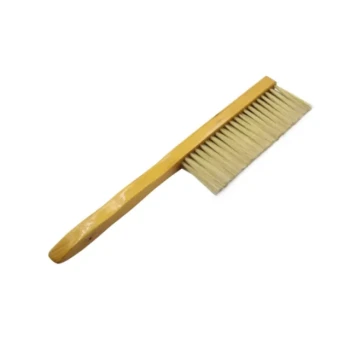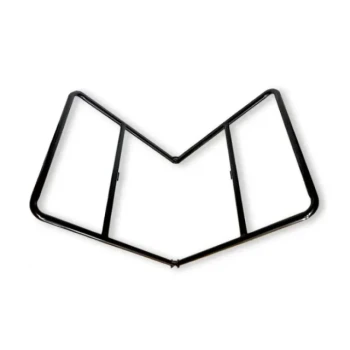No, bees cannot convert sugar syrup into true honey. While bees will process sugar syrup by reducing its water content and storing it in the comb, the resulting product fundamentally lacks the complex composition of honey. True honey is derived exclusively from the nectar of flowers, which contains a rich profile of enzymes, pollen, and compounds that sugar syrup simply does not have.
The core distinction is the origin. Honey is a natural product created by bees from floral nectar, while the substance made from sugar syrup is merely a stored sugar solution—a survival food, not a complex natural sweetener.
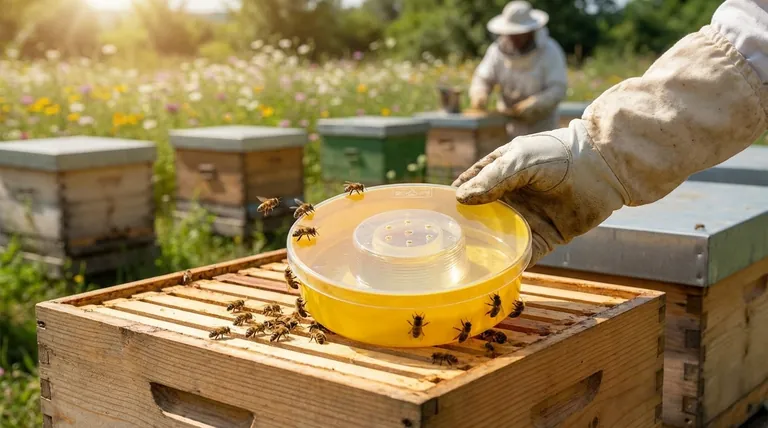
What Truly Defines Honey?
To understand why syrup can't become honey, we must first define what honey is. It's a product of both the plant and the bee, a combination of raw materials and biological processing.
The Critical Role of Nectar
The starting point for all honey is nectar. This is a sweet liquid produced by flowers to attract pollinators.
Nectar is far more than simple sugar water. It contains a complex mixture of sucrose, fructose, and glucose, along with trace amounts of minerals, amino acids, vitamins, and volatile organic compounds that give different honeys their unique flavors and aromas.
The Bee's Transformation Process
When a bee collects nectar, it adds an enzyme from its saliva called invertase. This enzyme begins breaking down the complex sucrose in the nectar into simpler, more stable sugars: fructose and glucose.
Back at the hive, bees pass the nectar to one another, further reducing its water content and adding more enzymes. They then deposit it into honeycomb cells and fan it with their wings to evaporate more water until it reaches the roughly 17-18% water content of finished honey.
The Missing Ingredients in Syrup
Bees will perform the same water evaporation process on sugar syrup. However, the syrup itself is a sterile mixture of sucrose and water.
It lacks the pollen, antioxidants, minerals, and unique plant compounds that are inherent to floral nectar. The final stored product is little more than concentrated, inverted sugar water, missing the nutritional and aromatic complexity that defines real honey.
Why Beekeepers Feed Bees Sugar Syrup
If it doesn't make honey, feeding bees sugar syrup is a common and vital practice in beekeeping, primarily used for hive management and survival.
Survival During a Nectar Dearth
The primary reason to feed is to prevent starvation. When natural nectar sources are unavailable due to winter, drought, or other poor conditions, sugar syrup provides the essential carbohydrates bees need to survive.
Stimulating a New Colony
For a new or weak colony, sugar syrup acts as an accelerator. It provides easy energy that allows them to build up their population and secrete the wax needed to draw out new honeycomb frames for brood and future stores.
Encouraging Brood Rearing
Feeding syrup can simulate a natural nectar flow. This encourages the queen to increase her rate of laying eggs, which is crucial for building a strong workforce ahead of the main pollination and honey season.
Understanding the Trade-offs
While necessary at times, feeding sugar syrup is not without its downsides and must be done with careful consideration.
Dilution of Honey Stores
If a beekeeper feeds syrup while natural nectar is also available, the bees will collect and store both. This can lead to the dilution of the pure honey, reducing its quality, altering its flavor, and making it ineligible to be sold or labeled as pure honey.
Nutritional Deficiency
Sugar syrup is a pure carbohydrate. It provides energy but lacks the micronutrients found in nectar and the vital proteins and fats found in pollen. A colony fed exclusively on syrup for too long can suffer from nutritional deficiencies, making it more susceptible to disease.
Physical Risks to the Hive
The feeding method itself carries risks. As noted in beekeeping literature, bees can easily drown in open-style feeders if proper precautions, like adding floats, aren't taken. Improperly prepared syrup can also ferment or crystallize, causing problems for the bees.
Making the Right Choice for Your Goal
Understanding the difference between honey and stored syrup allows you to manage your hives effectively based on your specific objectives.
- If your primary focus is pure, high-quality honey production: Never feed sugar syrup during a nectar flow or for several weeks before you plan to harvest honey supers.
- If your primary focus is to support a new or struggling colony: Use sugar syrup strategically in early spring or late autumn to ensure their survival and build a strong foundation for the future.
Ultimately, knowing what honey is—and what it is not—is fundamental to responsible and successful beekeeping.
Summary Table:
| Aspect | Sugar Syrup "Honey" | True Floral Honey |
|---|---|---|
| Origin | Processed Sucrose & Water | Floral Nectar |
| Composition | Simple Sugars (Fructose, Glucose) | Complex Sugars, Enzymes, Pollen, Antioxidants |
| Nutritional Value | Basic Carbohydrate (Energy) | Rich in Micronutrients, Vitamins, Minerals |
| Primary Use | Hive Survival & Stimulation | Natural Food Source & Beekeeping Product |
Ensure your apiary's success with the right supplies.
Feeding your colonies correctly is just one part of effective hive management. For commercial apiaries and distributors, having reliable, high-quality equipment is essential for productivity and honey purity.
HONESTBEE supplies beekeepers and equipment distributors with durable, wholesale-focused beekeeping supplies—from feeders and hive tools to extractors—helping you build stronger, healthier colonies.
Contact our team today to discuss your wholesale needs and how we can support your beekeeping operations.
Visual Guide
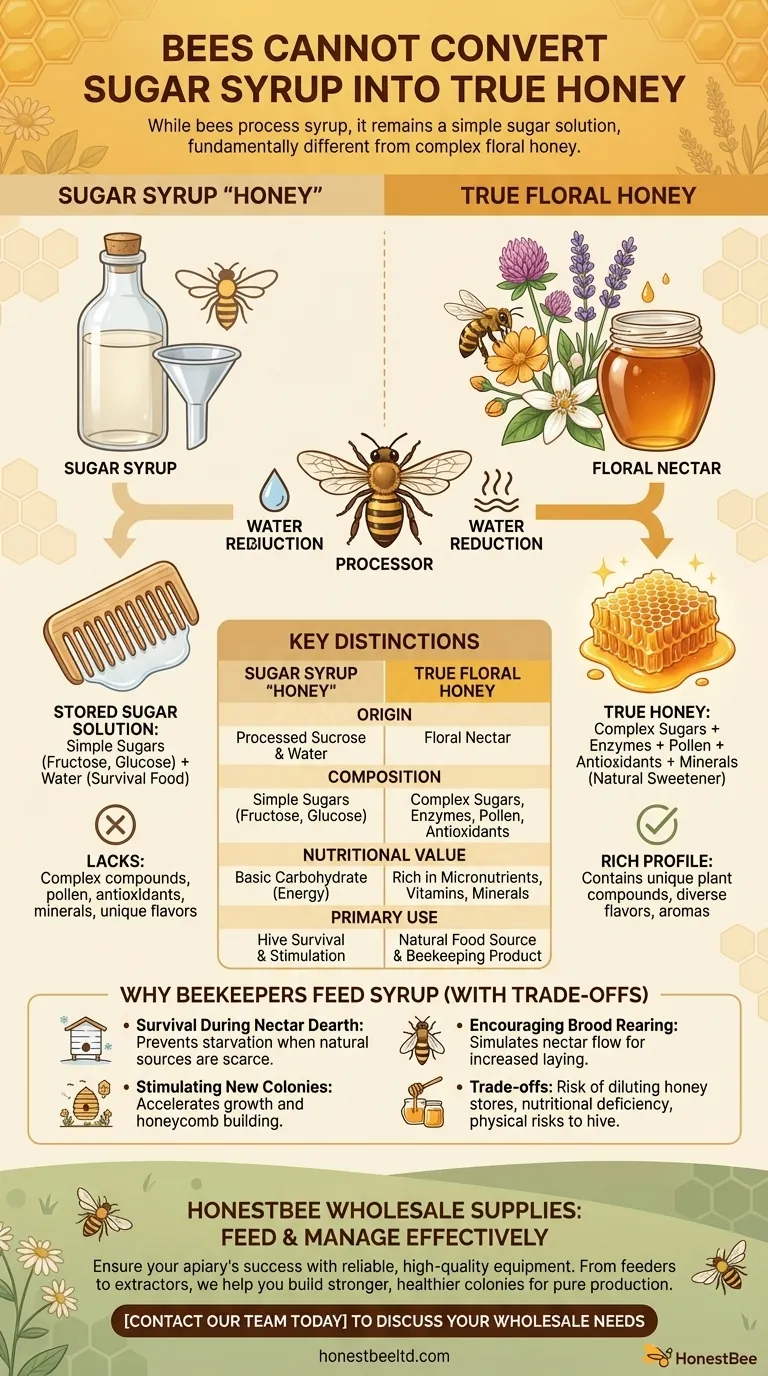
Related Products
- HONESTBEE Round Hive Top Bee Feeder for Syrup
- Rapid Bee Feeder White Plastic 2L Round Top Feeder for 8 or 10-Frame Bee Hives
- Professional Hive Top Bee Feeder for Beekeeping
- Classic Boardman Entrance Bee Feeder Hive Front Feeding Solution
- HONESTBEE Entrance Bee Feeder Professional Hive Nutrition Solution for Beekeeping
People Also Ask
- How do you use a top feeder for bees? Expert Guide to Installation and High-Volume Hive Feeding
- How do you set up and use a top feeder for bees? A Step-by-Step Guide for Safe Feeding
- How should the round hive top feeder be positioned? Master Internal Feeding for Stronger Colonies
- How do hive top feeders work? A Guide to Efficient, High-Capacity Bee Feeding
- What are the features of top feeders for bees? Maximize Hive Health with Safe, High-Capacity Feeding
